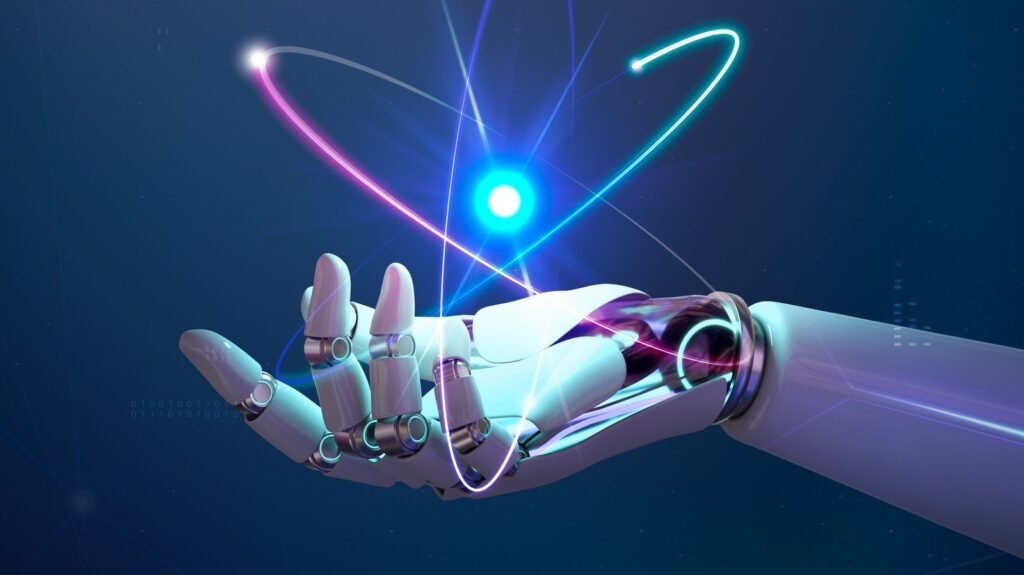Introduction
From the wheel to the internet, human civilization witnessed a remarkable journey of innovation. Each groundbreaking invention has not only transformed everyday life but has also propelled humanity into new territories of knowledge and capability. In this article, we will explore the ten best science inventions of all time, highlighting their significance, functionality, and the profound impact they have had on society

1. The Wheel
Ten Best Science Inventions:- The Turning Point of Mobility
The invention of the wheel, dating back to around 3500 BC, is arguably one of the most revolutionary advancements in human history. Initially used for pottery, the wheel soon found its purpose in transportation.
- Key Benefits:
- Allowed for the movement of goods and people over long distances.
- Laid the foundation for the development of various modes of transport, including carts and chariots.
Impact on Civilization
The wheel fundamentally changed trade dynamics, promoting economic growth and cultural exchange across regions.
2. Electricity
Ten Best Science Inventions:- Powering the Modern World
Electricity, harnessed in the late 19th century, has been a game-changer. Figures like Thomas Edison and Nikola Tesla played significant roles in making electricity accessible and usable.
- Modern Applications:
- Electricity powers homes, industries, and cities.
- It is essential for communication technologies, including smartphones and the internet.
The Global Impact
Electricity has democratized access to information and resources globally, enabling innovations in numerous fields such as healthcare, education, and entertainment.
3. The Printing Press
Ten Best Science Inventions:- Revolutionizing Information Dissemination
Invented by Johannes Gutenberg in the 15th century, the printing press marked the start of the mass production of books and knowledge.
- Impacts on Society:
- Increased literacy rates as books became more accessible.
- Enabled the rapid spread of ideas, fostering the Renaissance and the Scientific Revolution.
Legacy of Knowledge
The ability to print books fundamentally changed political and religious landscapes across Europe, leading to significant historical shifts, including the Protestant Reformation.
4. The Telephone
Ten Best Science Inventions:- Connecting People Like Never Before
- Key Features:
- Allowed real-time conversation.
- Laid the groundwork for modern telecommunications.
The Social Network
Without the telephone, today’s interconnected world would be unimaginable.
5. Vaccination
Ten Best Science Inventions:- A Milestone in Public Health
Edward Jenner’s development of the smallpox vaccine in 1796 introduced the practice of vaccination, which has saved millions of lives.
- Significant Contributions:
- Eradicated smallpox globally by 1980.
Health vs. Disease
Vaccination remains a cornerstone of public health, representing humanity’s commitment to combating diseases and protecting future generations.
6. The Internet
Ten Best Science Inventions:- The Information Superhighway
The rise of the internet in the late 20th century has transformed how we access and share information.
- Key Characteristics:
- Instant access to global information.
- Facilitated social networking, e-commerce, and remote work.
Changing Lives Forever
The internet has bridged geographical divides, fostering a sense of global community while revolutionizing industries and lifestyles.
7. The Airplane
Ten Best Science Inventions:- Soaring to New Heights
The Wright brothers’ first powered flight in 1903 opened the skies to humanity, drastically reducing travel time across vast distances.
- Notable Achievements:
- Enabled international trade and tourism.
- Facilitated cultural exchange and global connection.
The World Awaits
Advancements in aviation continue to evolve, pushing the boundaries of what is possible in air travel.
8. Antibiotics
Ten Best Science Inventions:- A Breakthrough in Medicine
Penicillin was discovered by Alexander Fleming in 1928.
- Benefits:
- Effectively treated bacterial infections that were once life-threatening.
- Revolutionized surgery and medical practices by reducing postoperative infections.
The Rise of Medicine
Antibiotics have enabled modern medicine to flourish, laying the groundwork for advanced healthcare practices and treatments.
9. The Computer
Ten Best Science Inventions:- Calculating the Future
The evolution of computers, from colossal machines to portable laptops and smartphones, has transformed every aspect of life.
- Key Developments:
- Enhanced data processing and storage capabilities.
- Enabled complex problem-solving across various fields including science, engineering, and art.
The Digital Era
Computers have become integral to modern society, driving advancements in technology, communication, and entertainment.
10. Renewable Energy Technologies
Ten Best Science Inventions:- A Sustainable Future
Innovations in solar, wind, and other renewable energy sources are paving the way to a sustainable energy future.
- Key Advantages:
- Reduced reliance on fossil fuels.
- Decreased carbon emissions and environmental impact.
A Greener Planet
The transition to renewable energy technologies is crucial in combating climate change and ensuring a healthier planet for future generations.
Conclusion
The ten inventions discussed above represent monumental milestones in science and technology, highlighting humanity’s creative spirit and relentless pursuit of knowledge. Each of these innovations has contributed to shaping the world we live in today, underscoring the importance of continued curiosity and exploration in scientific endeavors. We can also get information about advancement of science in modern world.